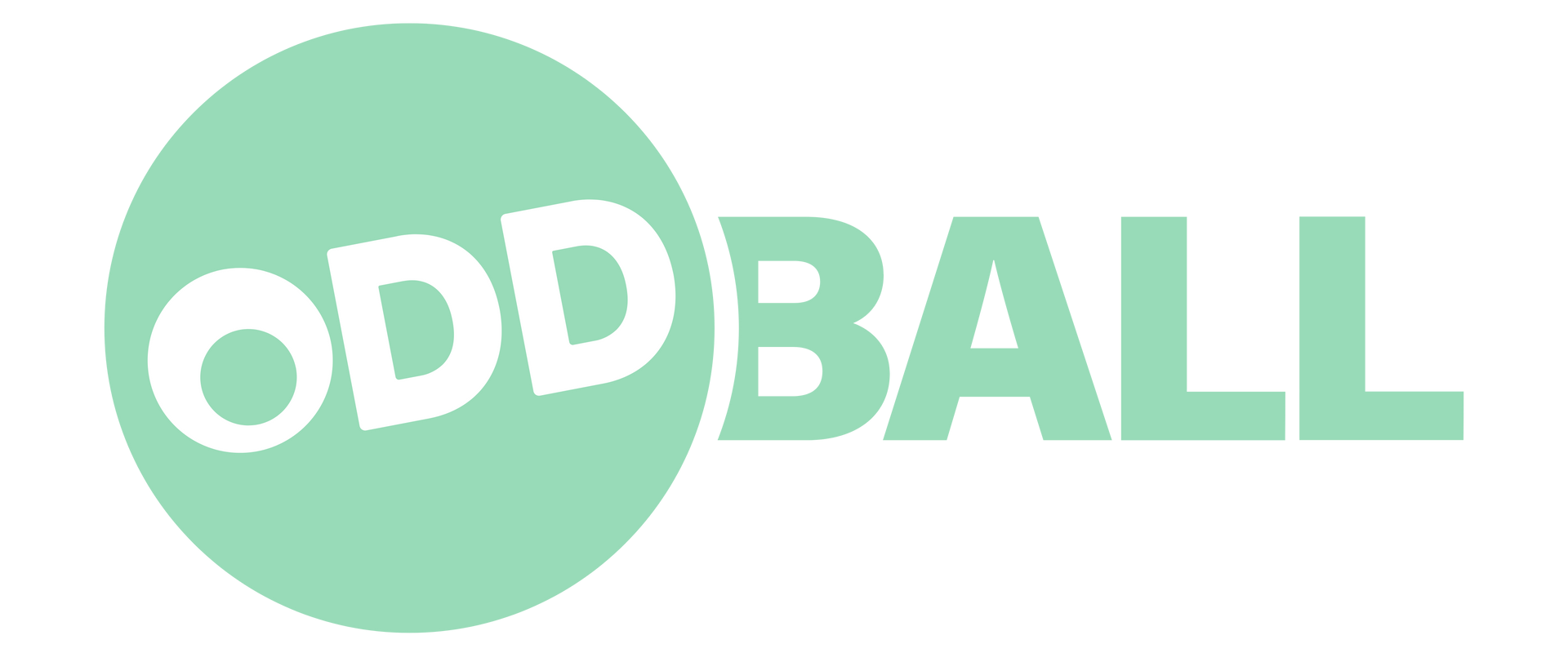Maximize SEO Success by Mastering Keyword Strategies
Getting your website to appear at the top of search results is an exciting goal. It starts with understanding and using the right keywords. Keywords are the words or phrases that people type into search engines when looking for information. Using the right keywords means your site can get more visitors who want what you offer.
But keywords are just one part of the puzzle. There are many ways to improve how your website ranks on search engines. You can tweak your web pages to make them more helpful, gather quality backlinks to build trust, and keep track of your site's performance to make necessary improvements.
By focusing on these strategies, your website can grow and attract more visitors. Improving your ranking requires ongoing effort, but the payoff is worth it. When done right, these strategies make your website more visible and appealing to search engines and users alike.
Understanding Keywords and Their Importance
Keywords are the words and phrases that people type into search engines when looking for information. They help connect users with the content they're looking for. Understanding keywords is like having the key to unlock better visibility online. To attract more visitors to your site, you need to know how to choose the right keywords for your content.
Start by conducting keyword research. This involves finding out what words people use when searching for your products or services. Use tools like Google's Keyword Planner or other SEO tools to brainstorm these terms. Look for keywords that have a good balance of high search volume and low competition. This means lots of people are looking for these terms, but not too many websites are targeting them.
Once you've identified your keywords, incorporate them naturally into your content. This includes adding them to titles, headers, and throughout the text. Just remember to keep the content readable and engaging for your audience. Overloading your page with keywords, known as "keyword stuffing," can harm your site's ranking more than help it.
Different types of keywords include:
- Short-Tail Keywords: These are very general, one or two-word phrases. They have high search volume but are very competitive.
- Long-Tail Keywords: These are longer phrases, usually three or more words. They are less competitive and more specific.
- LSI Keywords (Latent Semantic Indexing): These are keywords related to your main keyword. They help search engines understand the context of your content.
By strategically using the right keywords, you enhance your site’s ability to rank higher on search engine results pages, driving more traffic your way.
Optimizing On-Page Elements for Better Ranking
On-page SEO is about optimizing elements on your website to improve its ranking in search results. It's all about making your pages search engine-friendly, while still keeping them engaging for your visitors. The good thing is, you have control over these elements.
Title Tags and Meta Descriptions: Ensure you use engaging title tags that include your primary keyword. Your meta description should also be inviting and informative, enticing users to click through to your site.
Header Tags: Use header tags (H1, H2, H3) to structure your content. Start with one H1 tag for titles, then use H2 tags for main sections, and H3 for subsections. These improve readability and help search engines understand your page structure.
URL Structure: Keep your URLs clean and descriptive. Including keywords in your URLs can give search engines additional clues about the page’s content.
Image Optimization: Use descriptive file names and alt text to clarify what your images represent. This can improve SEO while helping visually impaired users.
Internal Linking: Connect related content within your site. This keeps users exploring your site while signaling to search engines which pages are important.
Mobile-Friendly Design: With many users browsing on mobile devices, ensure your site has a responsive design. This enhances user experience and can impact search rankings.
Optimizing these on-page elements helps improve your site's search visibility. This makes it easier for potential customers to find and engage with your content online.
Leveraging Backlinks to Boost Authority
Backlinks are links from other websites that point to your site. They play a crucial role in improving your website’s authority and ranking on search engines. Think of them as endorsements from other websites. The more quality backlinks you have, the more credible your site appears to search engines like Google.
To start earning backlinks, create high-quality content that others want to link to. Content that solves problems or provides unique insights often attracts more links. Publishing research, infographics, and resourceful guides are great strategies to gain backlinks.
Reach out to industry influencers and bloggers. If your content provides value, they may link to it in their posts. Collaborations or guest blogging also offer opportunities to place your links on their established platforms.
Here are some effective ways to build backlinks:
- Content Sharing: Share your content on social media and forums where your target audience hangs out. Engaging content can earn shares and links naturally.
- Join Online Communities: Participate in discussions on websites like Quora or Reddit. Offer helpful advice and link to your website for more information.
- Check Competitors: Use tools to see which sites link to your competitors. Reach out to these sources with your superior content.
- Broken Link Building: Find broken links on reputable sites and suggest your site as a replacement. This helps the site owner fix their link while you gain a backlink.
Quality matters more than quantity. Focus on earning backlinks from reputable sites within your industry. This strengthens your site's authority and boosts rankings significantly.
Tracking Performance and Making Improvements
To ensure your SEO efforts are working, tracking performance is essential. Regular monitoring helps you understand what's working and what needs tweaking. There are several tools and metrics you can use to keep an eye on your website’s performance.
Start with Google Analytics to track website traffic and user behavior. See which pages attract the most visitors and identify which keywords drive the most traffic to your site. Keep an eye on bounce rate and session duration to understand user engagement.
Another useful tool is Google Search Console. It shows how your site performs in search results and flags any issues that might affect visibility. You can also track the number and quality of backlinks pointing to your site.
Focus on these key metrics:
- Organic Traffic: Keep track of visitors coming from search engines, which indicates if your keyword strategy is effective.
- Conversion Rates: Measure how well traffic turns into leads or sales. This helps refine your approach to maximize conversions.
- Click-Through Rates (CTR): Monitor CTR for your pages. High CTR means users find your content appealing in search results.
- Keyword Rankings: Make note of which keywords your site ranks for and adjust efforts to improve or maintain positions.
By analyzing performance data regularly, you can make informed decisions that enhance your SEO strategy, ensuring continued growth in visibility and authority.
Conclusion
Optimizing your website requires understanding and applying the right strategies consistently. From identifying and using effective keywords to optimizing on-page elements, every step contributes to a stronger online presence. Leveraging backlinks and routinely tracking your performance are essential components in building and maintaining your site’s authority. It's an ongoing process, but dedication ensures that potential customers find you easily.
Getting strategic about your SEO efforts can transform how your business stands out in a crowded digital landscape. By focusing on high-quality content and staying informed about industry trends, you lay the groundwork for substantial, sustained growth.
For businesses looking to maximize their online impact, embracing these practices can significantly improve search engine visibility and customer engagement. You're never alone in this endeavor.
At Oddball Creative, we understand growing your online presence can be challenging. Let our
advertising agency guide you through the process with our bespoke digital strategies and creative solutions. Reach out today, and let’s start turning your digital dreams into reality.



